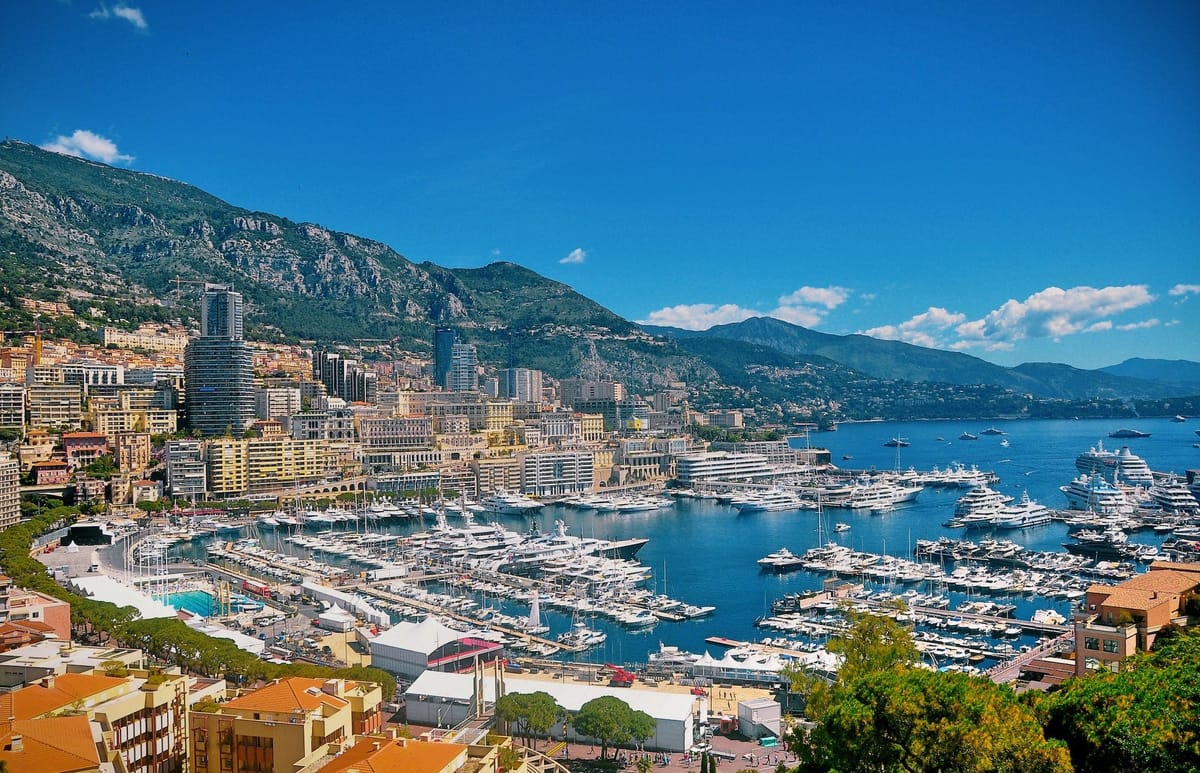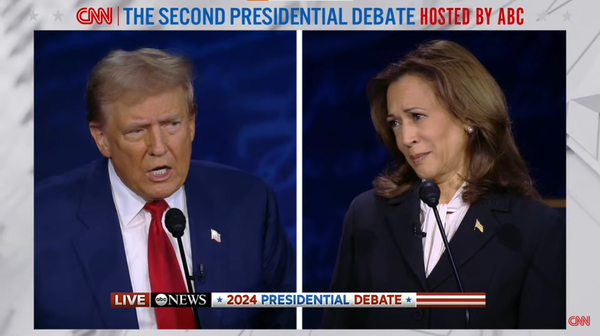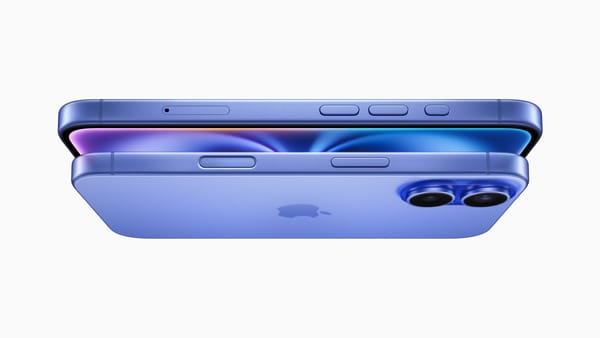Wealth and Happiness: Does Money Make You Happy?
Does being wealthy necessarily translate to being happy? Can you buy a ticket to happiness just because you are rich? Doesn’t money make you happy?

Well, money increases happiness to a certain extent. The equation of money and happiness reaches a ‘point of inflection’ where you have made more than enough money to be happy. According to research, money can only make you happy up to the point where you have more than enough, and more does not necessarily translate to increased happiness.
In the United States, this point of inflection is appreciated as having an income of $70,000 a year. Beyond an annual income of $70,000, more money does not necessarily mean more happiness. The reason for this is that when you have enough money and you can go anywhere you want or do anything you would like, then it loses taste in the sense that it is not as exciting or happiness-inducing anymore.
Home Ownership
You will be surprised to learn that even building or buying a house may not give you as much happiness long term as one would probably think. Studies indicate that homeowners draw as much happiness from owning a home similar to the happiness renters draw from renting an apartment or a place to live.
Being a homeowner does not necessarily translate to being happier.
As such, being a homeowner does not necessarily translate to being happier. New homeowners draw a lot of excitement and happiness from their homes for the first few years. After the point of inflection, which in this case, is deriving the sense of stability and being grounded that we all naturally crave, they do not draw much happiness from owning a home henceforth.
The Value of Money
Money can be quite something. Typically, one would aspire to have as much money as possible and to afford all the finest things in life. Unfortunately, once you have enough money and have bought all you wanted and want, and have done and do all you would have wanted to do, money is then ‘no object’. At this point, which we are calling the ‘inflection point’ money no longer produces as much happiness per unit as it would before you had it.
To break it down, $1,000 does not produce as much happiness as before when you didn’t have much money. To an extent, that same excitement and ‘happiness’ would be drawn from $100,000 once you get wealthier and have much more money. Even so, the $100,000 loses ‘value’ the higher you go and the more you have, and may lose its happiness-inducing capabilities.
Marginal Utility
Discussing wealth and happiness reminds me of something we learned in Business school termed ‘marginal utility.’ The notion represents the theory and I would say, the fact that, the more you have of something, the less utility or ‘satisfaction’ you draw from it per unit time. For instance, if you went to your local pub and ordered a beer, the first beer would be the ‘sweetest’ and the one from which you draw the most utility and arguably, happiness.
The second beer would provide less utility, and the third would provide even lesser utility and happiness. On having a couple of beers, they won’t feel as ‘sweet’ as the first one, and you will probably get to a point where you do not want one anyway, and having a beer does not make you ‘happy’ anymore. That is marginal utility.
The First $1 Million is the Sweetest
Applying the same notion to money, your first $1 million will be your sweetest. You will bask in the glory of that achievement. However, by the time you get to $100 million, then $1 million will feel just like any other Tuesday. In real economies even making $1 million is a huge achievement but over time, the happiness you draw from money declines as does the utility you draw from most products or indulgencies. This leads to the question, is money a product?
Is Money a Product?
The answer is no. Money is not a product in itself, I would say, but a means of acquiring products. Money can, however, be represented as a product in terms of stocks, investment, and recently, as digital currencies. However, in my view, money is not a product in itself. The way I like to think of money is as a way to acquire products but more importantly as an avenue and tool for making more money. There is nothing in this world that is effectively able to create money as money itself does. So, instead of using your money to buy a Ferrari, think of investing it wisely to put yourself in a position where you could buy several Ferraris in the future.
Investing
Investing should be done wisely and I would recommend not putting all your investments or ‘eggs’ in one ‘basket.’ Diversify your investment and take considerable risks to allow yourself the chance to make considerable returns. Taking risks sometimes means being open-minded enough to jump onto something like a cryptocurrency wave. The trick, however, is to invest a small amount on that and other small amounts on many other things including bonds, and startups, among others.
I wouldn’t put a number on how much of your overall wealth you should invest but I think I would be comfortable investing 5% of what I have in numerous avenues. Think of splitting the 5% into 0.05% chunks and investing in 100 different avenues. By doing that, you not only not risk your overall wealth but also deploy the percentage you are comfortable investing, strategically.
More Money, More Problems
Money does not buy happiness. Being rich is not a ticket to happiness and money does not necessarily make you happy. Like a sunny day, it helps but you realize that the ‘weather’ also varies at the top. Some days are bright and shiny but others are raging with storms. That is why you hear the phrase “more money, more problems.” How else would you explain having your day ruined by a delay caused by a late pilot; and being mad that you have to wait by the hangar for 30 minutes to travel in your private jet? Rich people problems.
Money is only as enticing and fascinating the less you have.
Money is only as enticing and fascinating the less you have. The more cheques you can write, the lesser exciting it is to write them in the first place. As such, seek to have an impact and not acquire riches. When you enter meaningfulness and impact into the equation, you bolster the likelihood of drawing happiness from what you do. A perfect way to have an impact is to donate to charities and become a philanthropist or seek to mitigate climate change and have a positive impact on the environment. In such endeavors, you are more likely to be happy and to become happy doing what you do and to love it even more and beyond its money-making capabilities.





